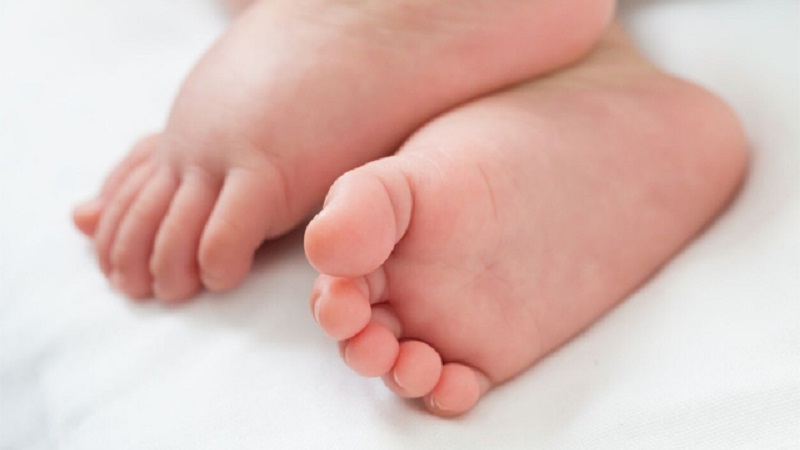More than three months into a nationwide lockdown and the month of July has been littered with crime scenes and the memorials of women and children across South Africa. As news of violent crime slowly begins to dominate coronavirus headlines, reports indicate another tragic set of statistics: an increasing number of babies being abandoned.
Speaking to VOC’s Breakfast Beat on Monday, chairperson of the National Adoption Coalition of South Africa Katinka Pieterse explained that at least 17 child and youth care centres, as well as designated child services’ organisations “on the ground” have reported seeing more babies being left behind. According to the national organisation, every 2 of 3 babies abandoned babies do not survive. Pieterse has however highlighted the need for more research to be done, having stated that “it is a struggle to verify the real figures”, given that there is no official record of abandonment in South Africa.
She also pointed to the recent reopening of Social Development offices, which were closed down due to COVID-10 regulations. Piterese suggested the establishment for a fixed database.
“We need to get a decent system in place where we are actually scientifically measuring what the extent of the problem is,” she said.
Conventionally, Pieterse explained, there are three types of abandonment: one where babies are literally ‘dumped’ under harsh conditions such as in streets, railway lines, fields and dustbins. She said that these babies are most likely to die. Another form, is when new mothers will come out of hospital after giving birth and simply leave the baby behind. The third, is when a mother deserts the child in ‘baby bins’, where the child will most likely survive.
“It depends on the mother’s knowledge of resources, support and her level of desperateness,” she noted.
According to Pieterse, increasing research has shown a strong link between abandonment and gender-based violence “particularly rape, which is major concern.”
A number of contributing factors in South Africa, including restrictive legislation, the position of mothers who are illegal immigrants, poverty, access to organisations, gender inequality, HIV/AIDS, women’s perceived position in society and being abandoned by their partner after the pregnancy is discovered and having no family support.
Pieterse said that what is most needed is an integrated, coordinated response where initiatives such as helplines and proactive intervention can be invested into.
“If we don’t have scientific evidence, we will not address the challenges and prevent us from dealing with it in the most appropriate way.
“I want to emphasize that it’s going to take us working together to address this. This is something that is happening and its happening more often in our society,” she added.
She further reminded expecting or new mothers that there is support ready and waiting for them, should they reach out.
“I want to encourage those in this desperate situation of getting online and finding help, or talk to a friend or a councillor”.
VOC






 WhatsApp us
WhatsApp us 

